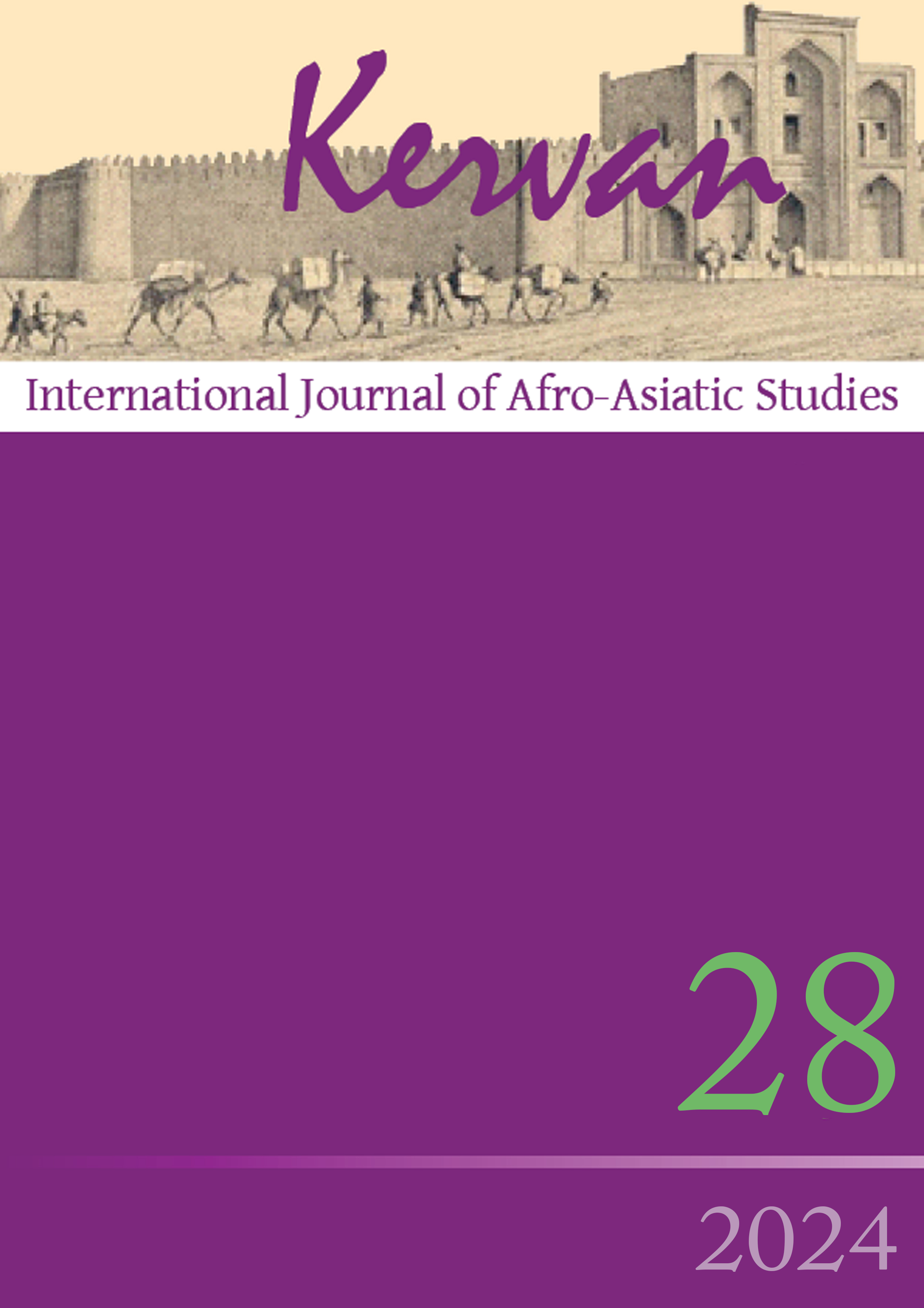Ancestral monumentalization: Considerations on the keyhole-shaped tumuli in Korea
DOI:
https://doi.org/10.13135/1825-263X/9943Abstract
This study examines the key-hole tumuli discovered in the Yŏngsan River basin, focusing on their significance within the historical context. Notably, this region garnered attention for its jar coffins and haniwa-like artifacts, previously undocumented in the Korean peninsula. Although key-hole tumuli, a burial tradition typical of Japan, are infrequently found in this area, so far fourteen have been unearthed. Typically located on plains or hills near coastal or river areas, their placement suggests a connection between the burying community and maritime trade routes.
While some scholars propose that these monuments were constructed for Wa immigrants unable to return to Kyūshū due to local unrest, I contend that they represent an effort by the Wa people or a closely associated community to establish a symbolic and ideological connection with the Chŏlla territory, thereby gaining control over its resources. After discussing various aspects of the burial customs in Korea and examining the theories proposed by Korean and Japanese researchers, this article aims to interpret the trend as a brief, but intentional, effort by a new group to establish their importance in the Yŏngsan River basin by constructing elaborate burial structures.
Downloads
Downloads
Published
Issue
Section
License
Gli autori che pubblicano su Kervan accettano le seguenti condizioni:
- Gli autori mantengono i diritti sulla loro opera e cedono alla rivista il diritto di prima pubblicazione dell'opera, contemporaneamente licenziata sotto una Licenza Creative Commons - Attribuzione che permette ad altri di condividere l'opera indicando la paternità intellettuale e la prima pubblicazione su questa rivista.
- Gli autori possono aderire ad altri accordi di licenza non esclusiva per la distribuzione della versione dell'opera pubblicata (es. depositarla in un archivio istituzionale o pubblicarla in una monografia), a patto di indicare che la prima pubblicazione è avvenuta su questa rivista.


 The articles that have appeared on Kervan since 2016 are rated as Class A in the system of National Scientific Qualification (ASN, disciplines 10/N1 and 10/N3).
The articles that have appeared on Kervan since 2016 are rated as Class A in the system of National Scientific Qualification (ASN, disciplines 10/N1 and 10/N3). The journal has been approved for inclusion in DOAJ. The DOAJ listing of the journal is available at
The journal has been approved for inclusion in DOAJ. The DOAJ listing of the journal is available at  The journal has been approved for inclusion in ERIH PLUS. The ERIH PLUS listing of the journal is available at
The journal has been approved for inclusion in ERIH PLUS. The ERIH PLUS listing of the journal is available at  Kervan was just accepted for indexing in SCOPUS. This important milestone ensures that articles published in Kervan are easily found when searching for library, archives and Information science and it enables Kervan authors to keep track of how often their article has been cited by others.
Kervan was just accepted for indexing in SCOPUS. This important milestone ensures that articles published in Kervan are easily found when searching for library, archives and Information science and it enables Kervan authors to keep track of how often their article has been cited by others.

